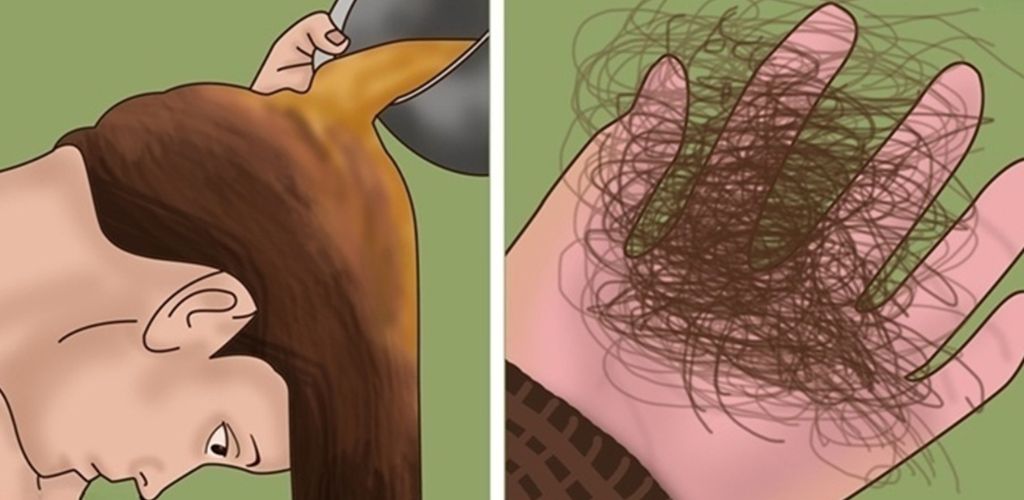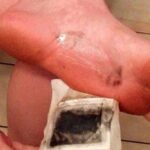You’re right, increased hair loss after illnesses like the flu is a common concern. This phenomenon is often related to a condition called telogen effluvium. Here’s a breakdown of why it happens:
Understanding Telogen Effluvium:
- Hair Growth Cycle:
- Hair growth occurs in cycles: anagen (growth phase), catagen (transition phase), and telogen (resting phase).
- During the telogen phase, hair follicles rest, and eventually, the hair sheds.
- Stress and Illness:
- Significant physical stress, such as a fever, severe infection, or major illness, can disrupt the hair growth cycle.
- This disruption can cause a large number of hairs to prematurely enter the telogen phase.
- As a result, several weeks or months later, these hairs begin to shed simultaneously, leading to noticeable hair loss.
Key Factors:
- Physiological Stress:
- The body’s response to illness, including fever and inflammation, can trigger telogen effluvium.
- Nutritional Deficiencies:
- Illness can increase the body’s demand for nutrients, and deficiencies in vitamins and minerals (like iron, zinc, and vitamin D) can contribute to hair loss.
- Medications:
- Some medications used to treat illnesses can also have hair loss as a side effect.
What to Expect:
- Delayed Onset:
- Hair loss typically occurs several weeks to a few months after the illness.
- Temporary Condition:
- In most cases, telogen effluvium is temporary, and hair regrowth occurs within a few months.
- Diffuse Thinning:
- Hair loss is usually diffuse, meaning it affects the entire scalp rather than specific areas.
What You Can Do:
- Healthy Diet:
- Focus on a balanced diet rich in fruits, vegetables, and protein to support hair regrowth.
- Stress Management:
- Practice stress-reducing techniques, such as yoga, meditation, or deep breathing exercises.
- Consult a Doctor:
- If hair loss is excessive, persistent, or accompanied by other symptoms, consult a dermatologist or healthcare provider.
- They can help identify any underlying causes and recommend appropriate treatment.
- Be patient:
- Hair regrowth takes time.
It’s important to remember that experiencing hair loss after an illness is often a normal and temporary reaction.


